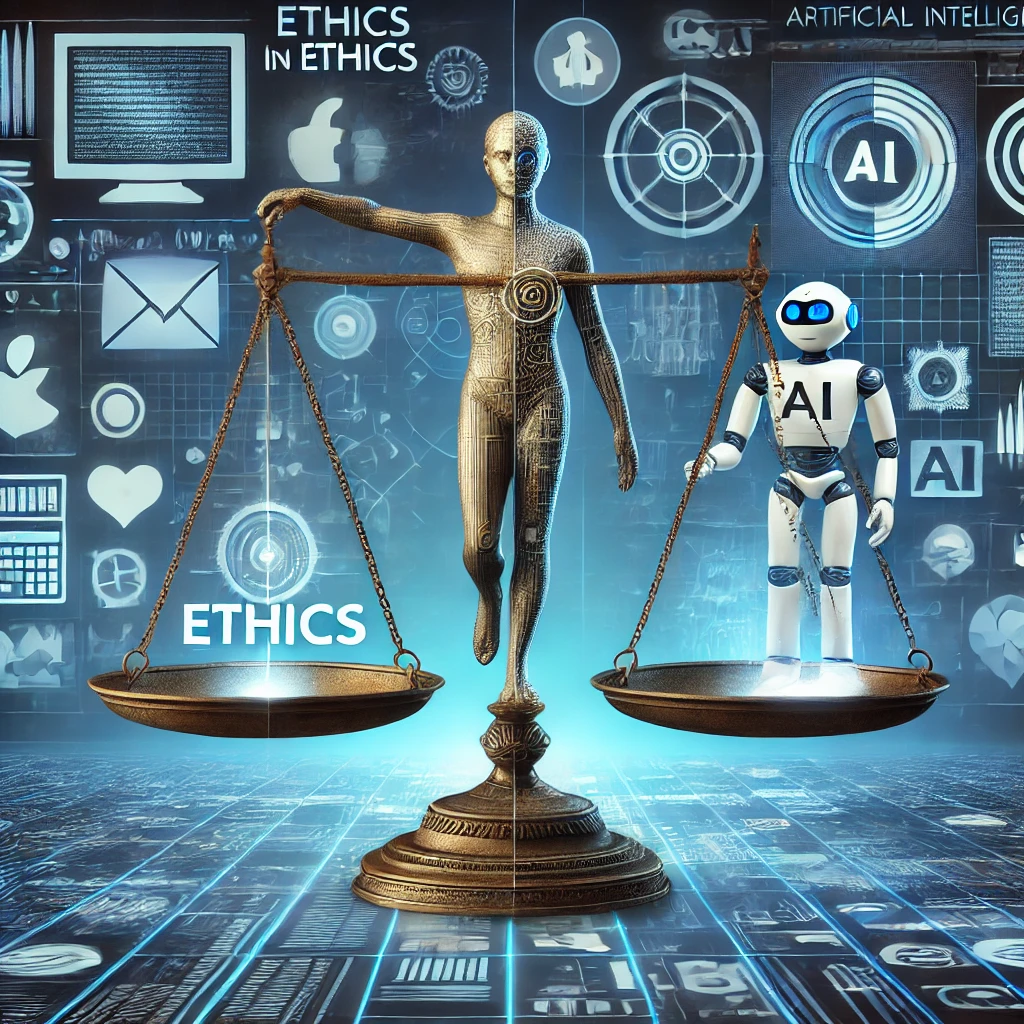Artificial intelligence (AI) is rapidly transforming the media landscape, impacting everything from content creation to distribution and consumption. While AI offers exciting possibilities for innovation and efficiency, it also raises significant ethical concerns that need careful consideration as we navigate this new frontier.
AI as a Tool for Content Creation: The Rise of the Machine
AI is already being used to generate news articles, write scripts, compose music, and even create visual art. These AI-powered tools can automate tasks, accelerate production processes, and potentially lower costs. For example, news organizations are using AI to generate routine reports on topics like sports scores or financial markets, freeing up human journalists to focus on more complex and in-depth stories. While this can enhance productivity, it also raises questions about the role of human creativity and the potential displacement of human jobs in the media industry.
Algorithmic Bias: Reflecting and Amplifying Societal Prejudices
One of the most pressing ethical concerns surrounding AI in media is the potential for algorithmic bias. AI algorithms are trained on vast amounts of data, and if this data reflects existing societal biases, the algorithms themselves may perpetuate and even amplify these biases. For example, facial recognition algorithms have been shown to be less accurate in identifying people of color, and news recommendation algorithms may reinforce filter bubbles and echo chambers by primarily exposing users to information that confirms their existing beliefs.
Deepfakes and the Erosion of Trust: The Threat of Synthetic Media
The rise of “deepfakes” – highly realistic but fabricated videos created using AI – poses a serious threat to trust and authenticity in media. Deepfakes can be used to spread misinformation, damage reputations, and manipulate public opinion. As AI technology becomes more sophisticated, it will become increasingly difficult to distinguish between real and synthetic media, potentially eroding public trust in all forms of media and making it harder to discern truth from falsehood.
Transparency and Accountability: The Need for Ethical Guidelines
Addressing the ethical challenges of AI in media requires a multi-faceted approach. Transparency is crucial: media organizations need to be open about their use of AI and the potential limitations of these technologies. Accountability is also essential: developers and users of AI systems need to be held responsible for the potential consequences of their creations. Furthermore, there is a growing need for ethical guidelines and regulations to govern the development and deployment of AI in the media industry.
Shaping the Future: Towards Responsible AI in Media
The future of media will be increasingly shaped by AI. As we move forward, it’s essential to engage in a thoughtful and critical discussion about the ethical implications of these technologies. By prioritizing transparency, accountability, and fairness, we can work towards developing and deploying AI in a responsible manner, ensuring that it serves the public interest and promotes a more informed and equitable society. This is how we can use AI to our advantage, ethically.



